About Broadstep – Psychiatric Rehabilitation Treatment Facility
Broadstep (formerly known as Phoenix Care Systems) operates its Psychiatric Rehabilitation Treatment Facility in Kingstree, South Carolina. This is a residential treatment program for adolescents, young adults and their families who are living with mental health and co-occurring disorders, including substance use disorder. Their programs focus on whole person healing.
This residential program is about much more than coping with symptoms. Staff work with each client to elevate them and their standard of living through education and skill development. Those leaving the program leave with a better understanding of who they are and how they can change their behaviors for the better.
Comprehensive Management
Something I find appealing about this residential program is the inclusion of care and medical coordination. Staff will take a close look at your overall well being and coordinate with other resources to ensure your healthcare needs are met during your stay. Addressing your health concerns — even those that don’t seem related to addiction — can make treatment and recovery that much smoother.
Integrating into Kingstree
Kingstree is known for its small, close knit community, which this facility is wholly part of. They’ve networked with local supportive resources to further help their clients. In that way, they’re extending their work outside their walls and supporting your recovery well after treatment.
Supporting Independent Living
To ensure everyone leaves treatment better able to support themselves, treatment includes basic living skill development where needed. Everything from socialization and money management to hygiene and vocational training is available to increase each individual’s quality of life.
It’s easy to take for granted how much stability comes from these skills and how much they can suffer when we’re living with addiction. When you’re better able to take care of yourself, you’ll be at a lower risk of relapse and face fewer stressors in general.
Addiction Treatment Programs
Dual Diagnosis
When you have a dual diagnosis, you have mental health and substance use concerns. It’s important to choose a rehab in South Carolina that can treat both. Whether you need detox, inpatient treatment, or outpatient care, a dual diagnosis program will offer specific support for your mental health needs alongside traditional substance use treatment.
Young Adult Rehab
Young adult rehabs in South Carolina help young people overcome substance use and learn new life skills. Whether you need detox, inpatient treatment, or outpatient care, a young adult program will offer specific support for your emotional, mental, and social needs.
Insurance Coverage
Medicaid
If you qualify, Medicaid can help pay for some or all of the costs of rehab in South Carolina. Using Medicaid keeps your costs, if there are any, very low. You can access any type of care, including detox, inpatient, and outpatient.
Levels of Care
- 1
Inpatient Rehab
If you want or need to focus on recovery without distractions, consider inpatient treatment in South Carolina. During inpatient treatment, clients are able to work on their recovery through counseling, activities, and holistic treatment like mindfulness, art therapy, and more.
Therapies
Cognitive Behavior Therapy
Cognitive behavioral therapy in South Carolina can help you challenge the thoughts behind your emotions and actions. Substance use treatment includes detox, inpatient treatment, and outpatient care, and CBT may be a part of each of these stages. The goal is to help clients identify distorted thinking, replace it with rational thinking, and change their responses accordingly.
Dialectical Behavior Therapy
Dialectical behavioral therapy in South Carolina can help you build confidence and develop healthy coping skills. Substance use treatment includes detox, inpatient treatment, and outpatient care, and DBT may be a part of each of these stages. The goal is to help clients develop the skills they need to solve the problems they face without substance use.
Experiential Therapy
The goal of experiential therapy in South Carolina is to help you process your emotions and gain confidence in your ability to create positive change. By participating in art, music, or physical activities like hiking, you can learn to face internal issues without turning to substance use. Instead, you’ll develop healthy coping mechanisms.
Family Therapy
During family therapy in South Carolina, clients have a supportive environment to talk with family members about conflict and unhealthy behaviors that may trigger substance use. There are several goals in family therapy. Some sessions may be focused on specific past events, while others address current broken relationships or how good intentions have gone astray. Over time, family relationships can be restored, making recovery easier.
Group Therapy
During group therapy in South Carolina, clients have a safe environment to share their struggles with others going through similar issues. Substance use treatment includes detox, inpatient treatment, and outpatient care, and group therapy may be a part of each of these stages. The goal is to help clients support each other, provide accountability, and relate to each other’s experiences.
Individual Therapy
Individual therapy in South Carolina is led by a professional therapist who talks to you about your specific experiences and emotions. Some of the topics covered in individual therapy include developing healthy coping skills, addressing past events that may have played a part in substance use, and building a support network.
Trauma Therapy
If you struggle with addiction in South Carolina, it’s common to feel like no one understands what you’ve been through. Trauma-informed therapy can help you find professional help addressing your past and creating a healthier response going forward. Both inpatient treatment and outpatient care can include trauma-informed therapy, which helps you create a feeling of safety, access peer support, embrace the validity of your feelings, and create healthy coping skills.
Location
Contact Broadstep – Psychiatric Rehabilitation Treatment Facility
Top Drug Rehab Centers in South Carolina
-
 South Carolina
South CarolinaGrace Home Vance
501 Ltd Rd., Suite 16 Vance, South Carolina 29163
-
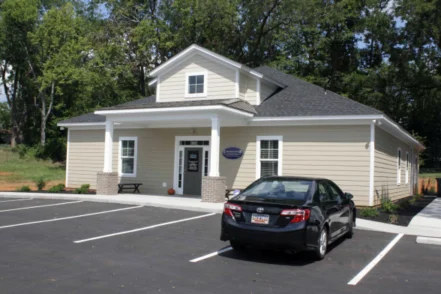 South Carolina
South CarolinaCornerstone Abbeville
103 Whitehall Street Abbeville, South Carolina 29620
-
 South Carolina
South CarolinaRecovery Concepts Easley
1653 East Main Street Easley, South Carolina 29640
-
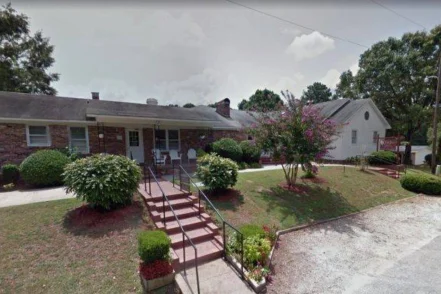 South Carolina
South CarolinaFaith Home Christian Recovery
144 Faith Home Road Greenwood, South Carolina 29648
-
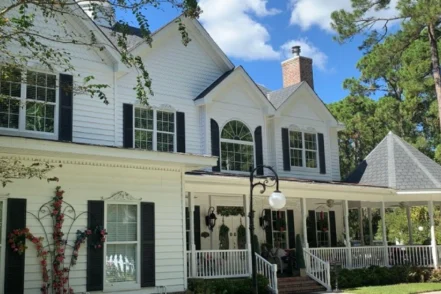 South Carolina
South CarolinaBriteLife Recovery
2200 Main Street Hilton Head Island, South Carolina 29926
-
 South Carolina
South CarolinaAce Recovery for Men ARM
1477 Ted Melton Road Chesterfield, South Carolina 29709
-
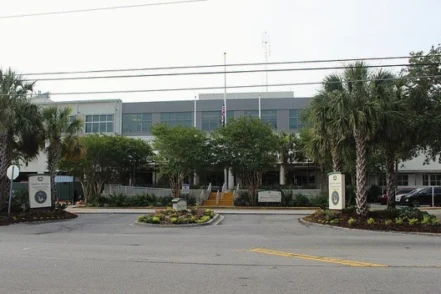 South Carolina
South CarolinaRalph H Johnson VA Medical Center
109 Bee Street Charleston, South Carolina 29401
-
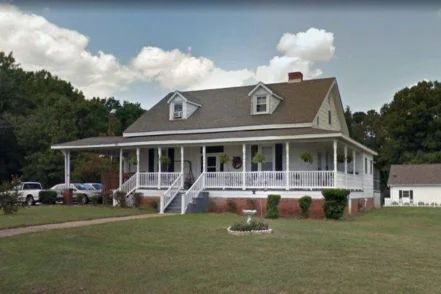 South Carolina
South CarolinaOaks Recovery Center Greenwood
711 East Scotch Cross Road Greenwood, South Carolina 29646
-
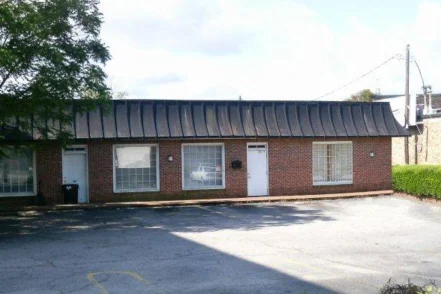 South Carolina
South CarolinaCrossroads Treatment Centers
1421 Bluff Road Columbia, South Carolina 29201
-
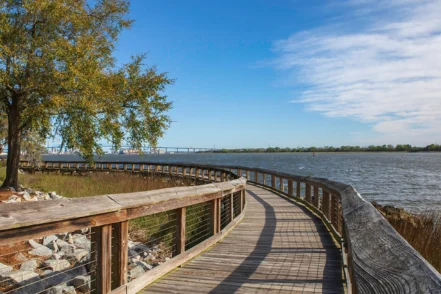 South Carolina
South CarolinaCenter for Behavioral Health North Charleston
2301 Cosgrove Avenue, Suite F North Charleston, South Carolina 29405